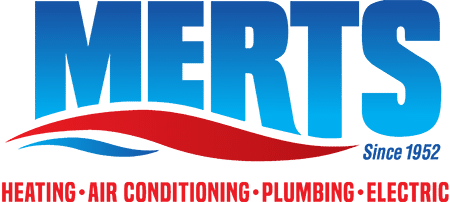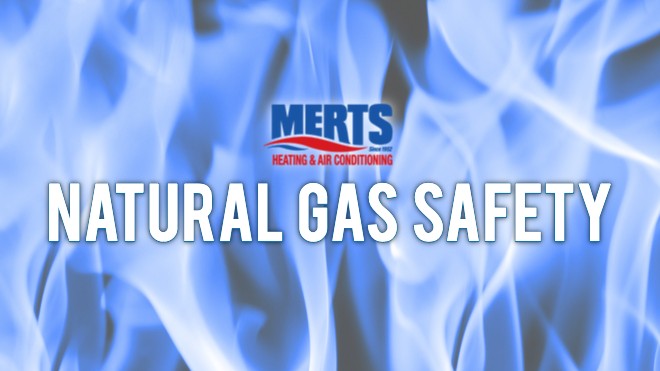Soon it will be time to set the clocks back and we know the kids are excited about Halloween. The calendar also says the furnace is starting to fire up to keep your house warm. Now is the time to talk about home gas safety, as in how to recognize a gas leak in your Illinois or Northwest Indiana home and when it’s time to call 911.
First some important numbers
Twenty-four hours a day, 365 days a year, natural gas flows through pipelines crisscrossing the country. It’s being transported to provide heat, cooking, hot water, and more for 71 million homes and businesses. It’s an energy superhighway that no one notices because it runs underground. Statistics show pipelines are one of the safest forms of transportation with fewer serious accidents than trucks and railroads. That doesn’t mean you shouldn’t be prepared for a gas leak.
Trust your nose
The sense of smell is the first and best line of defense in home gas safety. When it comes out of the ground, natural gas is odorless. That’s why federal and state authorities require utilities to add the odor of rotten eggs to the gas. It must be readily detectable by a person with a normal sense of smell.
What to do
If you smell natural gas or suspect a gas leak don’t take chances. Leave the area quickly and don’t do anything to cause a spark in the process. This includes:
- Turning on or off an electric switch
- Using a cell phone, telephone, garage door opener, or doorbell
- Lighting a match or any other type of lighter
- Starting a vehicle or other machinery.
- Shutting off a natural gas valve.
Once you are clear of the area, call 911. After the emergency responders and/or the utility company have determined the situation is safe, then call Merts Heating & Air Conditioning to determine what caused the problem and make necessary repairs.
A special note for our propane clients
Everything we’ve talked about also applies if you use propane instead of natural gas. There is one important additional warning. Propane is heavier than air which means the gas will settle to the lowest level. If, for example, the leak is in the basement it could accumulate before you notice the rotten egg smell. This is why Merts strongly recommends having propane detectors in your Illinois or Northwest Indiana home as part of a home gas safety program.
No system is perfect
Smell is a good way to detect gas leaks, but no form of home gas safety is perfect. Constant exposure to the odor can desensitize the sense of smell. Additionally, it’s possible for the smell of natural gas to be masked by other nearby odors. Always remember your sense of smell can be lessened by colds, allergies, and sinus problems so always be alert for other warning signs as part of home gas safety.
Silent killer
Now is also the time to remind you about deadly carbon monoxide gas, the byproduct of any combustion process. Winter is the most dangerous time of the year for this silent killer. Please be sure to replace the batteries and test your CO detectors. If you don’t have carbon monoxide detectors, now is the time to install them. If you need help, please call Merts Heating & Air Conditioning. Be sure to like and follow us on Facebook and Twitter for more great information.

